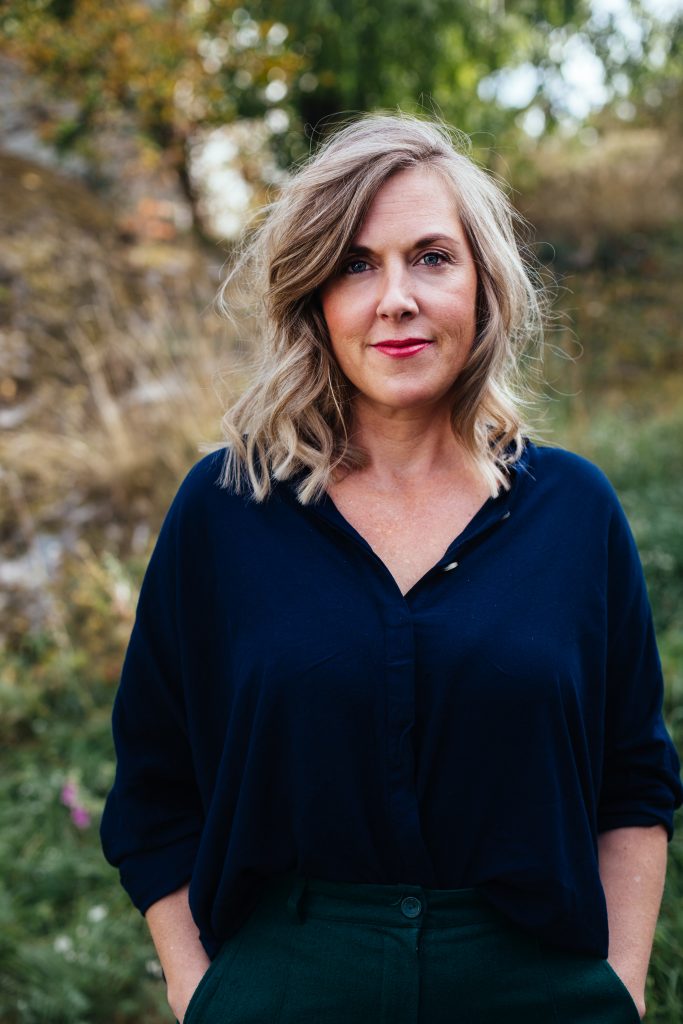Tentative Program
Keynote Speakers

Naomi Oreskes is the Henry Charles Lea Professor of the History of Science and Affiliated Professor of Earth and Planetary Sciences at Harvard University. She is an internationally renowned earth scientist, historian, and author of both scholarly and popular books and articles on the history of earth and environmental science, including most recently, Why Trust Science? (2019) and Science on a Mission: How Military Funding Shaped What We Do and Don’t Know about the Ocean (2021), which was awarded the Patrick Suppes Prize in the History of Science by the American Philosophical Society. Her opinion pieces have been published in leading media outlets around the globe, including The New York Times, The Washington Post, The Times (London), and the Frankfurter Allgemeine. In 2015, she wrote the Introduction to the Melville House edition of the Papal Encyclical on Climate Change and Inequality, Laudato Si.
Professor Oreskes is a leading voice on the reality on anthropogenic climate change and the history of efforts to undermine climate action. Her 2004 essay “The Scientific Consensus on Climate Change” (Science 306: 1686) has been widely cited, including in the Royal Society’s publication, “A Guide to Facts and Fictions about Climate Change," and in the Academy-award winning film, An Inconvenient Truth. Her 2010 book with Erik M. Conway, Merchants of Doubt, has been translated into nine languages, sold over 100,000 copies, and made into a documentary film. She is an elected fellow of the Geological Society of America, the American Geophysical Union, the American Academy for the Advancement of Sciences, the American Academy of Arts and Sciences, and the American Philosophical Society. In 2018, she became a Guggenheim Fellow, and in 2019 was awarded the British Academy Medal for “her commitment to documenting the role of corporations in distorting scientific findings for political ends.” Her new book, with Erik Conway, is The Big Myth: How American Business Taught Us to Loath Government and Love the Free Market, published by Bloomsbury Press.

Frida Berry Eklund is a Swedish climate communications specialist, author, and public speaker with close to 20 years of experience in climate advocacy. She is the co-founder of the citizen platform Klimatkollen—a proud recipient of Google.org Tech for Social Good—and the global parent-led movement Our Kids’ Climate. Frida is one of Sweden’s EU Climate Pact Ambassadors and her acclaimed book Talk to Children About Climate (Natur & Kultur, 2020) has helped shape the conversation on how to support children in the climate crisis. Frida’s work focuses on impactful climate communication and mobilizing citizens for systemic change—through building AI för climate transparency. Frida has worked internationally with organizations such as Oxfam and the Global Campaign for Climate Action and has been recognized as one of Sweden’s most influential voices in sustainability.
Dr. Emily Kormanyos is a data scientist and researcher in sustainable finance at Deutsche Bundesbank, she focuses on bridging the gap between academic research and data science for a more sustainable and robust financial system. Her research interests include research and innovative data generation in the fields of (sustainable) finance, machine learning, deep learning, and (explainable) AI.

Dr. Ruth Schmidt’s background as a microbial ecologist turned data scientist provides a unique perspective on the intersection of AI and sustainability. As an advisor for AI at the German Corporation for International Cooperation (GIZ), she plays a pivotal role in promoting an open, inclusive, and sustainable approach to AI on an international level. Her leadership in research projects focusing on sustainable solutions for agriculture, food security, and climate change aligns with the session’s emphasis on AI use cases for local needs, including SDGs, climate change, and rural innovation. Dr. Schmidt’s experience in translating science into policy action and her consultancy work for organizations such as IUCN and IFAD underscore her ability to connect scientific research with practical policy applications, making her contributions highly relevant to the session.
Program
| 9:00 am | Opening Remarks |
| 9:05 am | Session 1 |
| 9:05 am | Keynote Speech 1: Frida Berry Eklund |
| 9:30 am | Oral Presentation 1 |
| 9:30 am | Oral Paper 1 |
| 9:45 am | Oral Paper 2 |
| 10:00 am | Poster Session 1 |
| 10:45 am | Coffee Break |
| 11:00 am | Session 2 |
| 11:00 am | Session 2 Introduction |
| 11:05 am | Keynote Speech 2: Emily Kormanyos |
| 11:30 am | Panel Discussion 1 - ClimateNLP in practice: Emily Kormanyos, Frida Berry Eklund, Ruth Schmidt |
| 12:00 pm | Lunch Break |
| 1:30 pm | Session 3 |
| 1:30 pm | Session 3 Introduction |
| 1:35 pm | Keynote Speech 3: Ruth Schmidt |
| 2:00 pm | Oral Presentation 2 |
| 2:00 pm | Oral Paper 1 |
| 2:15 pm | Oral Paper 2 |
| 2:30 pm | Panel Discussion 2 - Future of Research in ClimateNLP: Christopher D. Manning, Markus Leippold, Peter Henderson |
| 3:00 pm | Poster Session 2 |
| 3:45 pm | Coffee Break |
| 4:00 pm | Session 4 |
| 4:00 pm | Session 4 Introduction |
| 4:05 pm | Keynote Speech 4: Naomi Oreskes |
| 4:30 pm | Question-Guided Group Discussions: Needs of ClimateNLP |
| 5:15 pm | Closing Remarks |
| 5:30 pm | THE END |